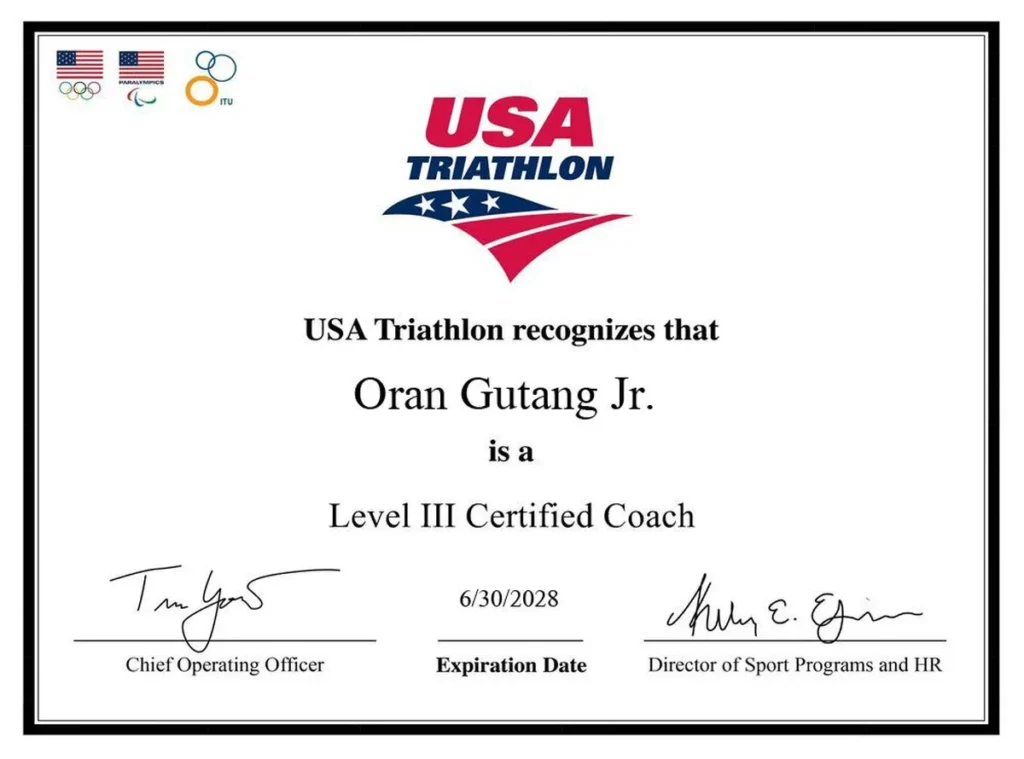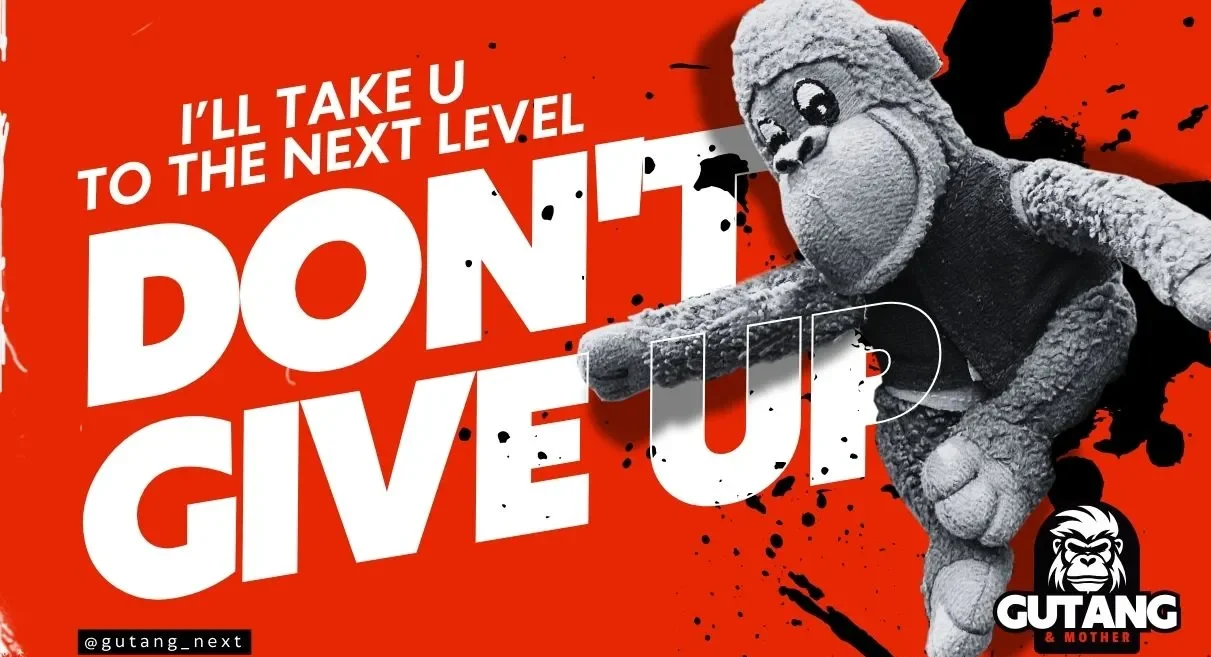Introduction
Sadly In the age of social media, influencers have become a prominent source of health and wellness advice. However, not all influencers are qualified to provide sound fitness guidance. Distinguishing between credible sources and those who may offer harmful advice is crucial for maintaining your health and achieving your fitness goals.
Even if they claim to have the necessary qualifications, and in some cases do have them, discretion is advised.

The Rise of Fitness Influencers
The explosion of fitness content on platforms like Instagram, YouTube, and TikTok has democratized access to workout routines, nutrition tips, and motivational content. While this has positive aspects, such as increased awareness of healthy lifestyles, it also presents risks.
Many influencers lack the necessary qualifications, knowlwdge, expertise and common sense, leading to misinformation and potentially dangerous advice.
Even health professional advice can be misleading and not right for you.
Even health professionals and certified sports trainers may have different approaches and methods to achieve a given goal.
For example, podiatrists may use custom insoles to correct body asymmetries, or runners may use personalised gait cycles. Some believe that you need to train your feet to make them stronger and prevent injuries, and some health professionals see orthotics as a device that can help the athlete solve an existing problem.

Recognizing Qualified Fitness Experts
To ensure you’re following advice from a qualified fitness expert, consider the following credentials:
Certifications and Education
- Certified Personal Trainer (CPT): Look for certifications from reputable organizations such as the American Council on Exercise (ACE), National Academy of Sports Medicine (NASM), or International Sports Sciences Association (ISSA).
- Degree in Exercise Science or Related Field: A bachelor’s or master’s degree in exercise science, kinesiology, or a related field indicates a deeper understanding of human physiology and exercise.
- Specializations: Additional certifications in areas like nutrition, strength and conditioning, or rehabilitation can further validate an influencer’s expertise.
Professional Experience
- Years in the Industry: Extensive experience in the fitness industry, particularly with a history of working in reputable gyms or health clubs, is a positive indicator.
- Client Testimonials and Success Stories: Verified success stories and testimonials from clients can provide evidence of an influencer’s effectiveness and credibility.

Warning Signs of Unqualified Fitness Influencers
Be cautious of influencers who exhibit the following red flags:
Lack of Credentials
- No Recognized Certifications: If an influencer lacks formal certifications or educational background, their advice may not be reliable.
- Self-Proclaimed Titles: Be wary of titles like “fitness guru” or “wellness coach” without verifiable credentials.
Dubious Claims and Advice
- Quick Fixes and Miracle Solutions: Promises of rapid weight loss, muscle gain, or overall transformation often indicate a lack of understanding of sustainable fitness practices.
- Pseudoscientific Language: Terms like “detox,” “cleanse,” or “boosting metabolism” without scientific backing are common in unqualified advice.

Endorsement of Products
- Frequent Sponsored Content: While sponsorships are common, excessive promotion of fitness products, supplements, or gear can indicate a focus on profit over genuine health advice.
- Lack of Evidence: Recommendations for products without scientific evidence or personal testimonials should be viewed critically.
Impact of Following Unqualified Advice
Engaging with unqualified fitness advice can lead to several negative outcomes, including:
Physical Injuries
- Incorrect Exercise Techniques: Poor form and technique can lead to injuries, including sprains, strains, and long-term musculoskeletal issues.
- Overtraining: Following inappropriate workout plans can result in overtraining, fatigue, and burnout.
Nutritional Misguidance
- Imbalanced Diets: Influencers without proper nutritional training may suggest diets that are deficient in essential nutrients, leading to health problems.
- Supplements Misuse: Unverified supplement advice can result in harmful side effects and interactions with other medications.
How to Verify Fitness Information
To protect yourself from unqualified fitness advice, follow these steps:
Research Credentials
- Verify Certifications: Check the legitimacy of an influencer’s certifications with the issuing organization.
- Educational Background: Confirm their educational qualifications and relevant experience in the fitness industry.
Seek Peer Reviews and Expert Opinions
- Professional Endorsements: Look for endorsements from recognized fitness professionals or organizations.
- Peer Reviews: Read reviews and feedback from other followers to gauge the influencer’s credibility and effectiveness.
Conclusion: Trust your gut.
If something feels wrong, it probably is. Or at least it’s wrong for you, and that’s what’s important. People sharing their experiences and getting a huge following makes a huge difference to people and can be really inspiring. But just because something worked for someone doesn’t mean it will work for everyone, and all advice has a huge variance in results.
Mr. Bürung Phd in Marine Mammals Biology and Antartic Bird Expert.
Ultimately, you shouldn’t live your life based solely on someone else’s advice, whether they’re the most qualified person on Instagram or not. Because no one else knows how you feel on any given day, month or year, or how your body and mind are thriving, especially if they’ve never met you.
So put an insolent monkey in charge of you fitness / athletic programs.

